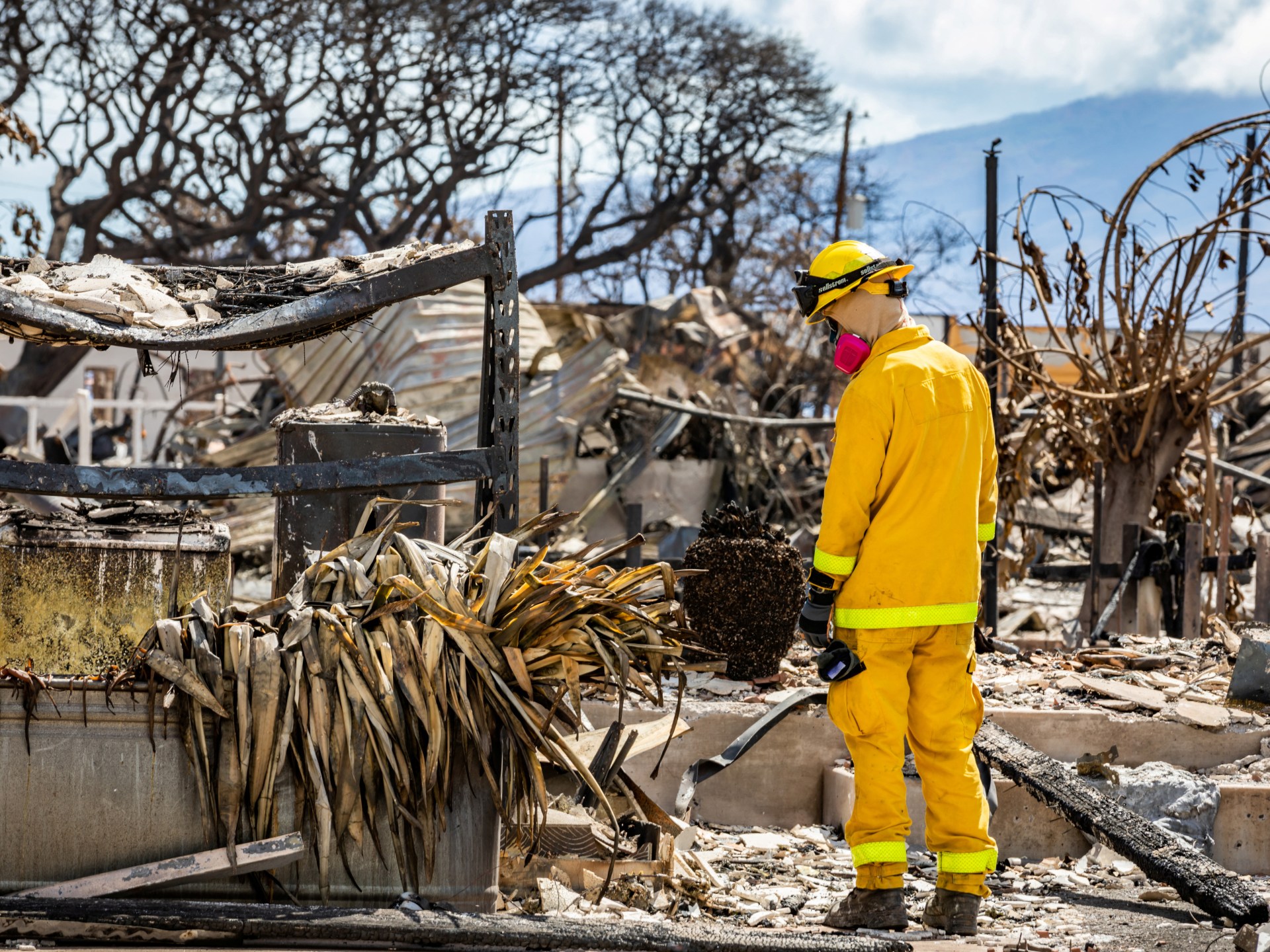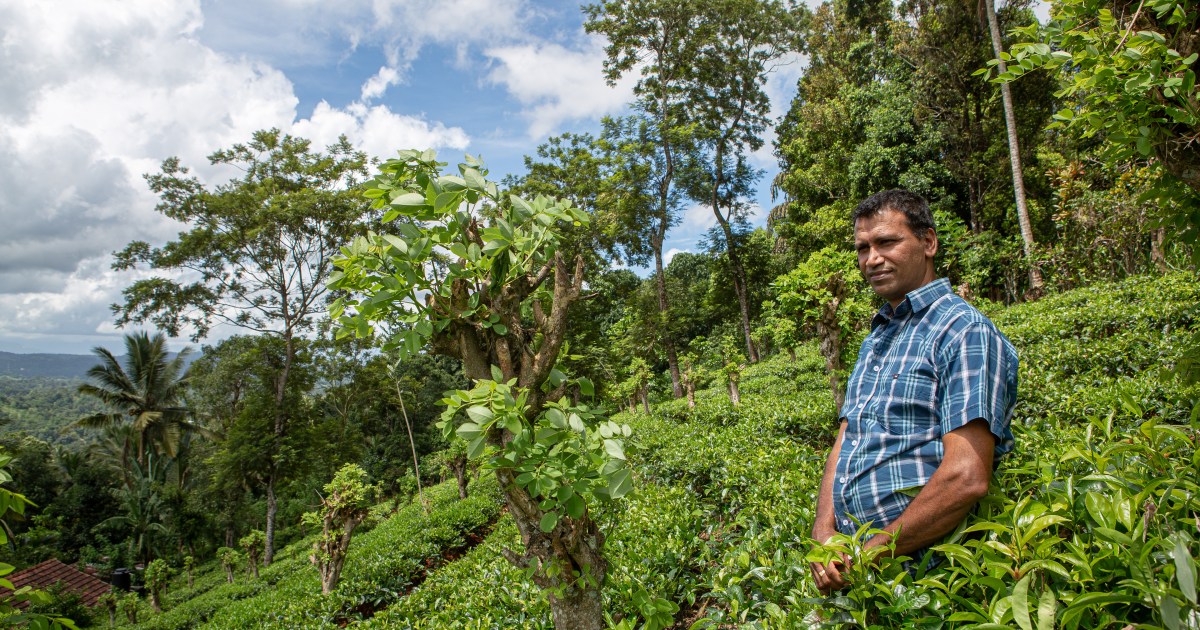UN agency for Palestinians facing its ‘darkest hour’, UNRWA chief says
The United Nations Relief and Works Agency for Palestine Refugees (UNRWA) is facing its “darkest hour” and requires ongoing support from UN members after Israel’s decision to ban the organisation, its chief has said.
“Without intervention by member states, UNRWA will collapse, plunging millions of Palestinians into chaos,” Philippe Lazzarini, the agency’s commissioner-general, told the UN General Assembly in New York on Wednesday.
He called on the UN – which created UNRWA in 1949 – to prevent implementation of the ban on the organisation in Israel and the occupied Palestinian territories.
In a statement on Monday, the Israeli Ministry of Foreign Affairs said it cancelled a cooperation agreement from 1967 which provided the legal basis of the country’s relations with UNRWA.
“UNRWA – the organisation whose employees participated in the October 7 massacre and many of whose employees are Hamas operatives – is part of the problem in the Gaza Strip and not part of the solution,” said Israel Katz, the country’s newly appointed defence minister, who was foreign minister at the time.
In January, Israel claimed that a dozen of UNRWA’s Gaza employees were involved in the October 7, 2023 attack on Israel by Hamas. At the time, the UN launched an investigation into Israel’s allegations and terminated the contracts of nine staff members who were accused. However, Lazzarini said that despite multiple requests, Israel has not provided any evidence to support its claims.
UNRWA said it takes measures to ensure its neutrality.
But the Israeli ban has raised fears that UNRWA employees will lose their ability to coordinate with Israeli authorities to cross checkpoints and move from one place to another in the occupied West Bank and Gaza.
UNRWA provides education, healthcare and other basic services to Palestinian refugees displaced in 1948 during Israel’s creation, and their descendants, who now number nearly six million. Refugee families make up the majority of Gaza’s 2.3 million population.
“In Gaza, dismantling UNRWA will collapse the UN humanitarian response, which relies heavily on the agency’s infrastructure,” Lazzarini said.
“In the absence of a capable public administration or state, only UNRWA can deliver education to more than 650,000 girls and boys in Gaza. In the absence of UNRWA, an entire generation will be denied the right to education,” he said.
‘Time to move on’
Since Israel’s war on Gaza began last October, UNRWA itself has suffered heavy losses, with at least 223 of its staff killed and two-thirds of its facilities in Gaza damaged or destroyed.
Riyad Mansour, the permanent observer for the State of Palestine at the UN, told the General Assembly that the ban on UNRWA “is proof of the Israeli genocide in Gaza”.
Meanwhile, Hadi Hashim, the interim representative for Lebanon at the UN, said Israel’s ban was a “war crime” and noted that UNRWA was crucial not only in Gaza and the occupied West Bank, but also in Syria, Lebanon and Jordan.
“We call on the General Assembly to take the necessary and urgent measures legally and politically to stand against this attack not only against UNWRA, but against us all,” he said.
Jordan, South Africa and the European Union also condemned the Israeli government’s decision to ban the UN agency.
But Israeli ambassador Danny Danon called the agency “a failure”.
“UNRWA is shielded by a misconception that it is the backbone of humanitarian efforts in Gaza,” he said. “It is time to move on and build a new path so the UN can regain its integrity and deliver on its promise to support peace and security.”
Israeli authorities have long called for the agency to be dismantled, arguing that its mission is obsolete and it fosters anti-Israel sentiment among its staff, in its schools and in its wider social mission. UNRWA strongly disputes this characterisation.
In the past, Israeli Prime Minister Benjamin Netanyahu has also called on the United States, Israel’s top ally and the agency’s biggest donor, to roll back its support.




